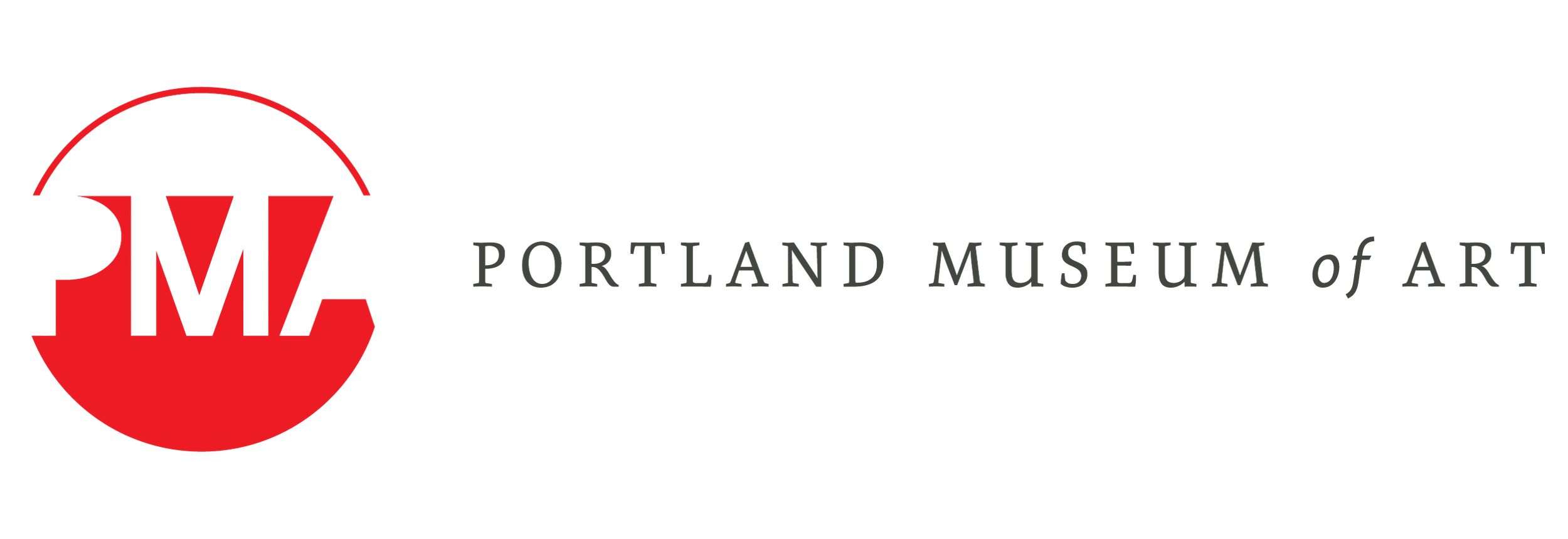Emily Serway
Art Teacher at Deering High School (Portland, ME)
Why did you choose to become an educator in the arts?
Somehow, I always knew I wanted to be an art teacher. I wrote a report in fourth grade about what I wanted to be when I grew up. The report was very detailed and asked questions about every imaginable facet of my future life. I wrote that I wanted to live in Maine (I’m from New York, originally), have a nice husband and two sweet kids, and be an art teacher. Check, check and check! When my mom showed me this report many years later, I realized I’d always known this would be the path for me.
In high school, I connected deeply with my art teachers. They were the people who understood me best. They created a safe space for me and encouraged me to push myself in the arts.
I went through college with a double major in Art and English, all the while thinking I’d like to be an art teacher. After graduation, I left school, moved to Boston, and worked a wide array of jobs for the next three years, all the while searching for something I’d like to do more than teach art. What I realized about myself during that time was that I hate desk work, I need to work with people, I like the academic schedule, and that I missed art. I applied to Pratt Institute’s Art and Design Education program and never looked back.
What do you wish more people knew about arts education?
When I’m working with my students - I teach High School now, but I’ve taught every grade from preschool on up - I find something magical happens. Students become engrossed in their work to the exclusion of all else. The troubles of the day melt away. Their conflicts at home and with other students have the volume turned down. Students from all over the world find a common language. Students with behavioral challenges succeed. Art is the tool that students didn’t know they needed to make positive changes in their lives. It is my privilege to help them discover that and to cultivate their inherent creativity.
Why is arts education important for K-12 students?
Art transcends many obstacles that students face in their academic lives. Students across the spectrum of ability find success in artwork. Students who struggle with behavioral challenges find an accepting environment. Students who are learning English find that art is a common language. It helps with emotional regulation, personal expression, problem solving, and so much more. Without art, students who struggle in other areas have fewer opportunities for success.
Why do you believe it is important for art educators to participate in YAM?
Youth Art Month is a moment to share successes, to give recognition to our stellar students, and a way to celebrate the community’s commitment to Art Education in Maine.
“Art is the tool that students didn’t know they needed to make positive changes in their lives.”
The PMA has the Susie Konkel Pass, giving everyone 21 and under free admission; The Tidal Shift Award, a youth art prize focused on solutions for climate change; Free School Tours; and Youth Art Month, but can do more for our young communities and emerging artists. What would you like to see the museum do more of in the coming years around youth engagement? What’s missing?
Portland Museum of Art has a long history of supporting teachers and students with their growth as artists and as members of the arts community in Portland. I think you all do a wonderful job.
What do you think a museum’s role could be within our society?
A museum’s role in our society is manyfold. It’s a mirror that we can use to ask ourselves important questions about society, culture, bias, expression, and the very essence of humanity. Museums serve as a way to see the progression of human artistic endeavor. Museums bring people together through the common language of Art.
Outside of your role as an arts educator, what role does art play in your life?
I am a practicing artist, musician and writer. I think art is entwined with my everyday life in more ways than I can count. Without it, I’m a less happy, less fulfilled person. It is the cornerstone of everything I do, both in and out of school.





